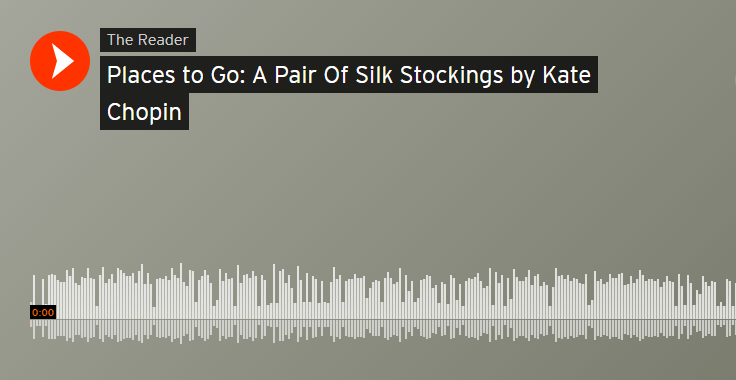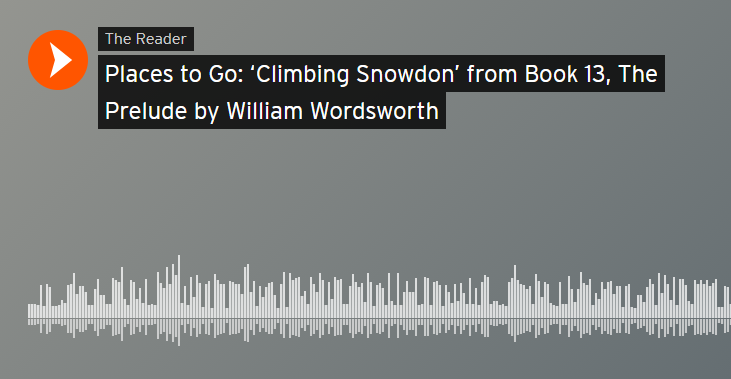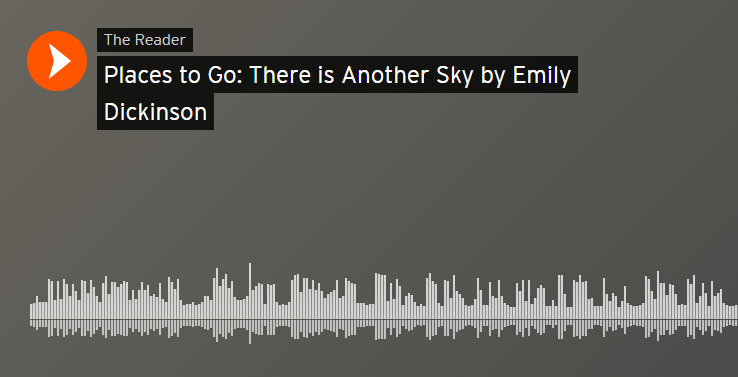Places to Go: Araby by James Joyce
‘Araby’ is the third story in the collection based around the lives of Dubliners. Before the text introduces us to the enticements of Araby, we must spend time in a very ordinary city street, one which might seem close to the life we know, but that may also cause us to notice details which distinguish it from our own. This is a street from which cars are as yet absent. Families live in close proximity, and there is a fair amount of hanging about outside, playing and fighting. There is time to be filled with whatever might come in to fill it.
No explanation is given as to why the boy lives with his uncle and aunt. We also do not hear of there being any other children in the house, so he does seems to be here alone. The quietness of the street outside extends to the boy’s experience inside the house: there is not a lot that goes on except for the conversation of adults that takes place around him. Back in the outside, the boy is one of a cluster of boys who also attend the local school together. There is only Mangan’s sister who stands out as someone different. Everything about her stands out, illuminated.
But still, we do not find out very much more about her in this story, as perhaps we might have done if the boy were a little older. Instead, she is the motive that sets this story in motion, giving the boy the drive to venture out to the place of which she has told him. I get the sense though that he doesn’t fully understand what this word ‘Araby’ might mean; it simply becomes ‘magical’ to him because she has named it to him. But there are certainly echoes here of the faraway land of Arabia, a place that we may have heard of but never seen, and I am reminded here too of the tales of the Arabian Nights, which form such a celebrated part of the folklore tradition. It makes me wonder quite what the boy had expected to find when he eventually reaches the bazaar, or even whether it would have been possible for him to form a picture in his imagination.
When the boy finally gets there, the event is grinding almost to a halt. I wonder if you have ever encountered this: arriving at a party just when most people are getting ready to leave, or getting to the big shops just when most of the sale stock has been snapped up. Sometimes events are beyond our control and we simply could not have made it there any earlier, however much we may have fought to arrive on time. But it is a strange feeling - knowing that you have missed the main event, that you will never be able to see what took place, even if perhaps someone has captured some photos. One is forced to try and imagine the scenes that were enjoyed without being able to be part of them.
The blow is bigger than that for our narrator though. This feels like an ending and a beginning. There is a dawning realisation that the doorway or route to the world he so wants to be able to enter is not through adventure. He is on the cusp of adolescence.
Share
Related Articles

Places to Go: A Pair of Silk Stockings by Kate Chopin
Reader Leader, Julie Gaukroger, takes us on today's audio adventure with an extract from A Pair of Silk Stockings by Kate Chopin.…

Places to Go: ‘Climbing Snowdon’ from Book 13, The Prelude by William Wordsworth
Reader Leader, Sue Colbourn, takes us on today's audio adventure with an extract from The Prelude by William Wordsworth, 'Climbing…

Places to Go: There is Another Sky by Emily Dickinson
The Reader's Liverpool Hub Leader, Michelle Barrett, takes us on today's audio adventure and reads the poem 'There is Another…


